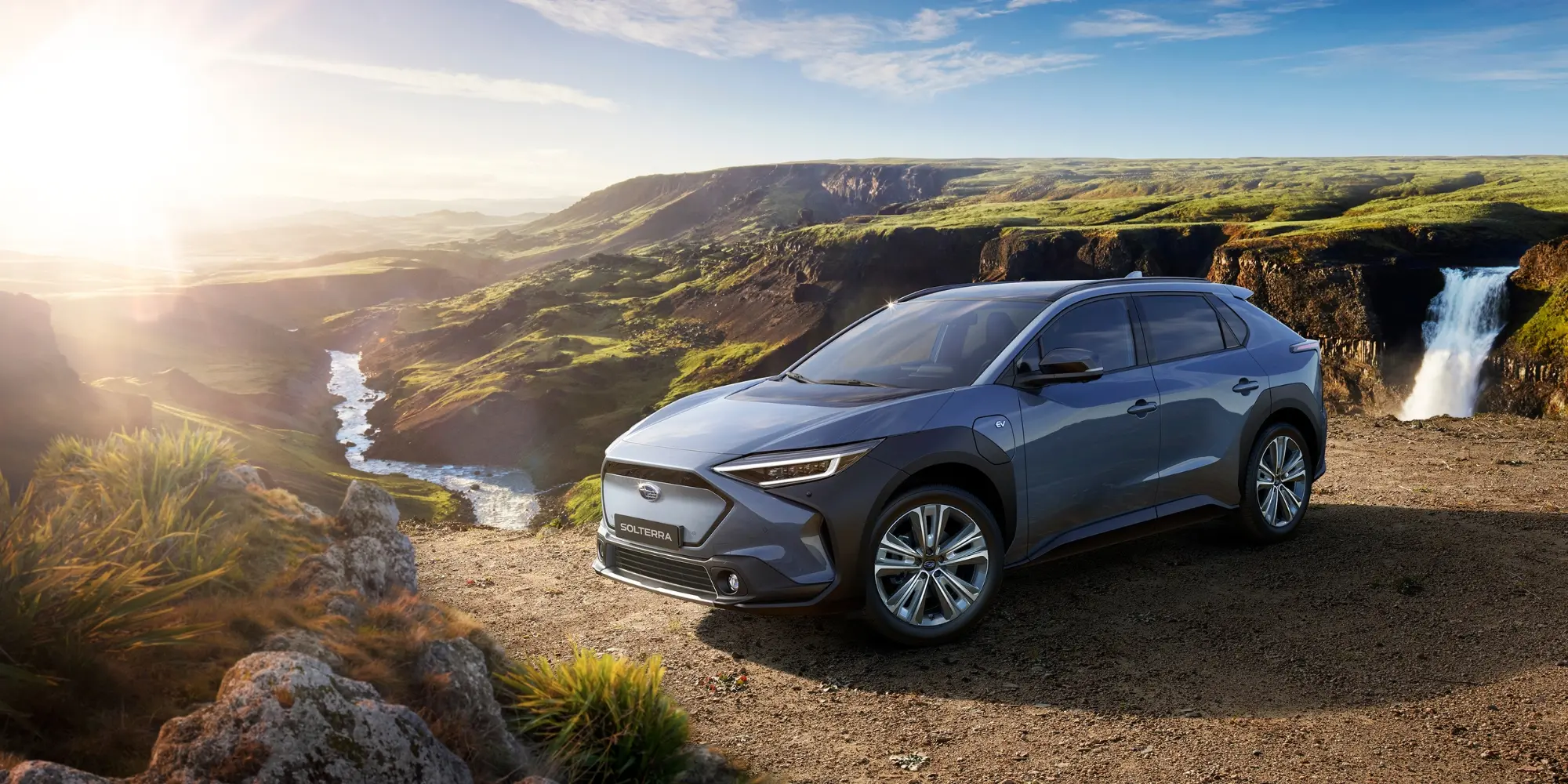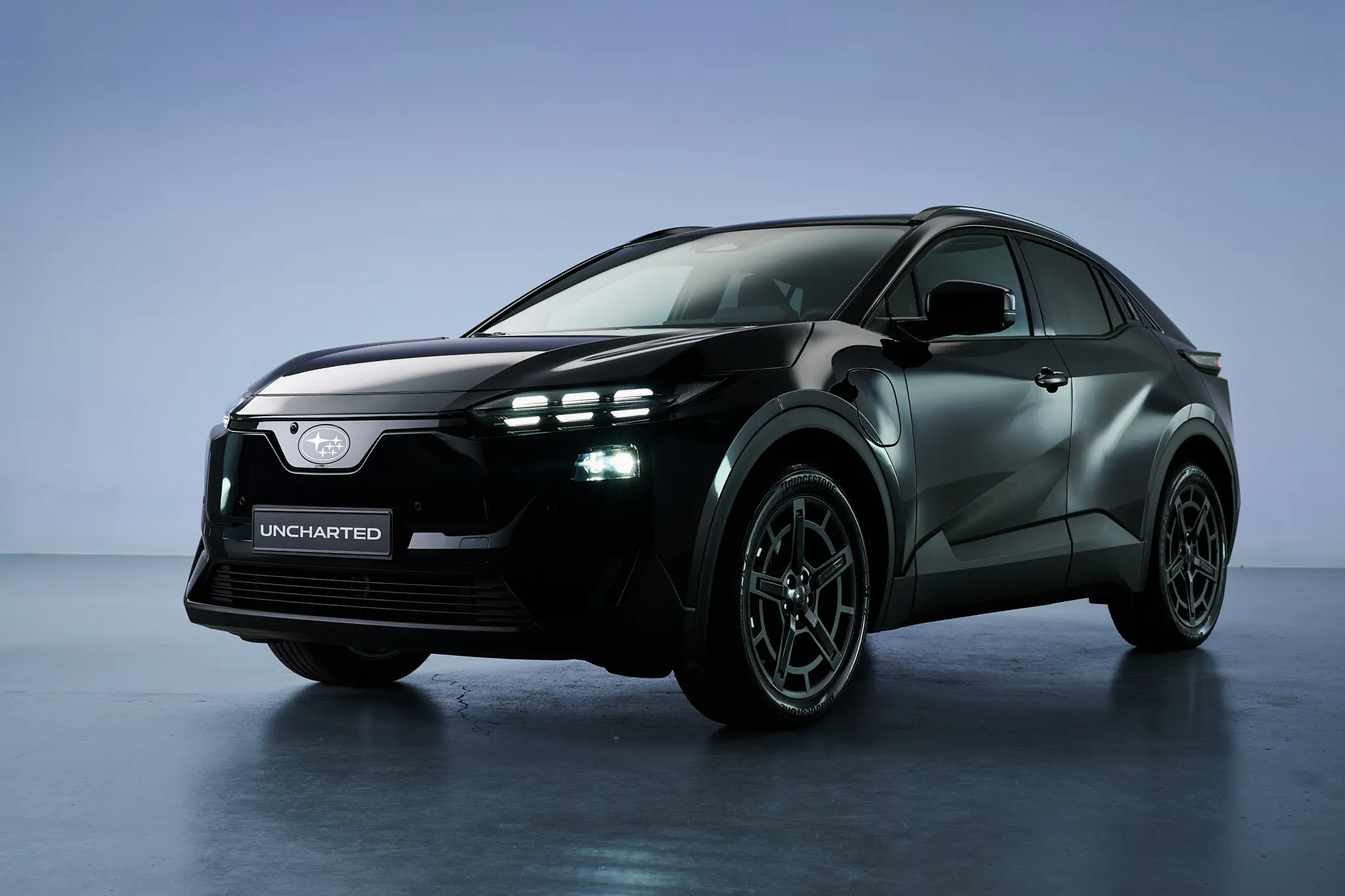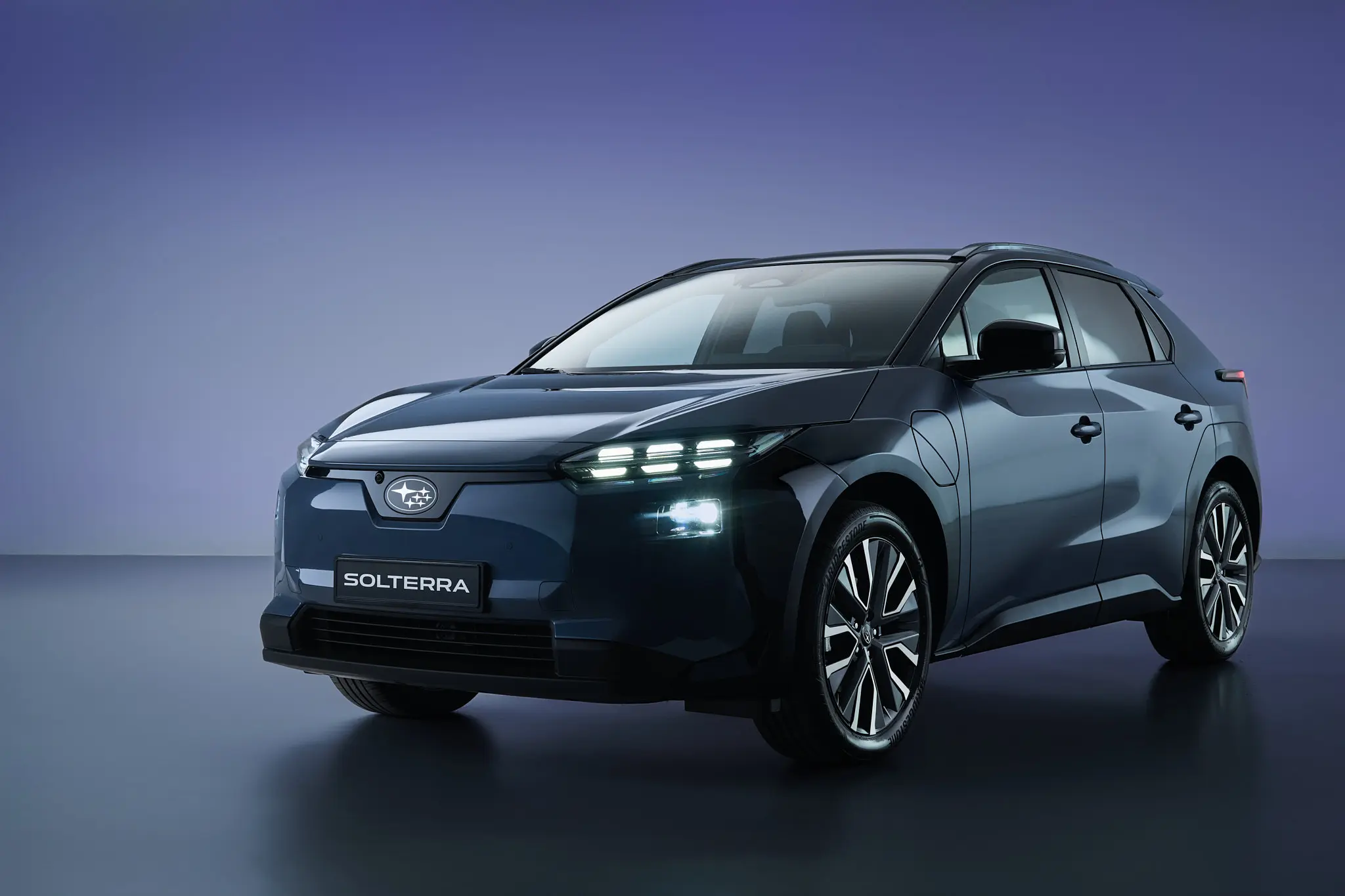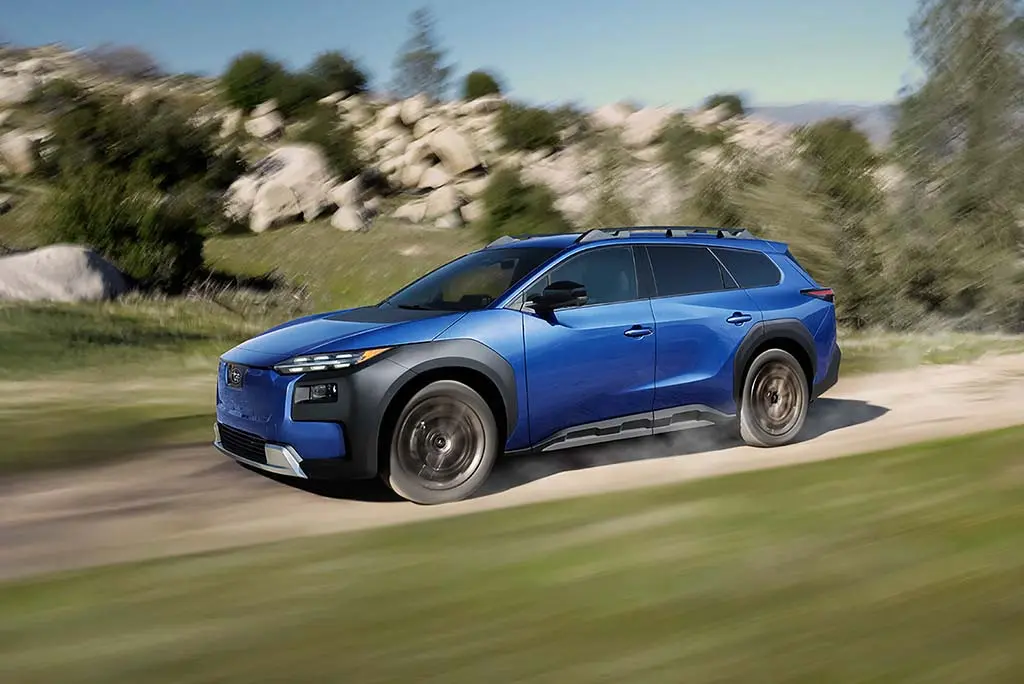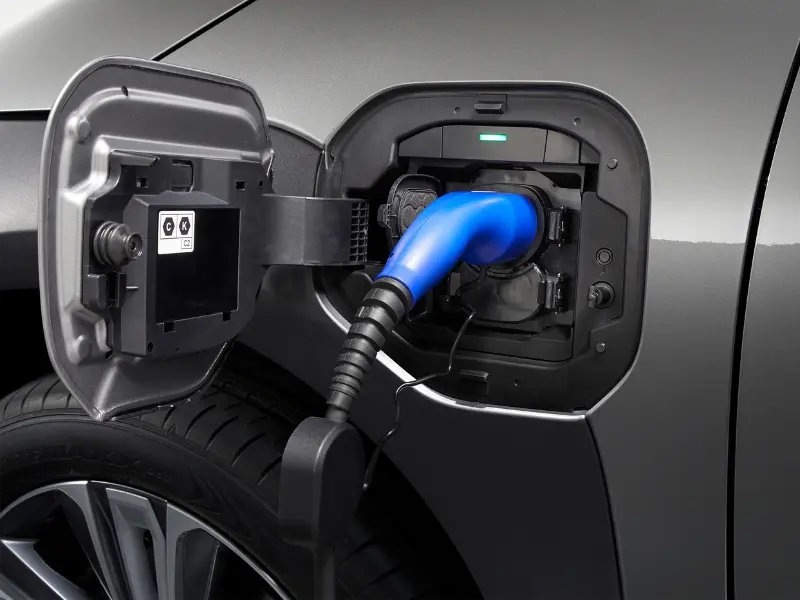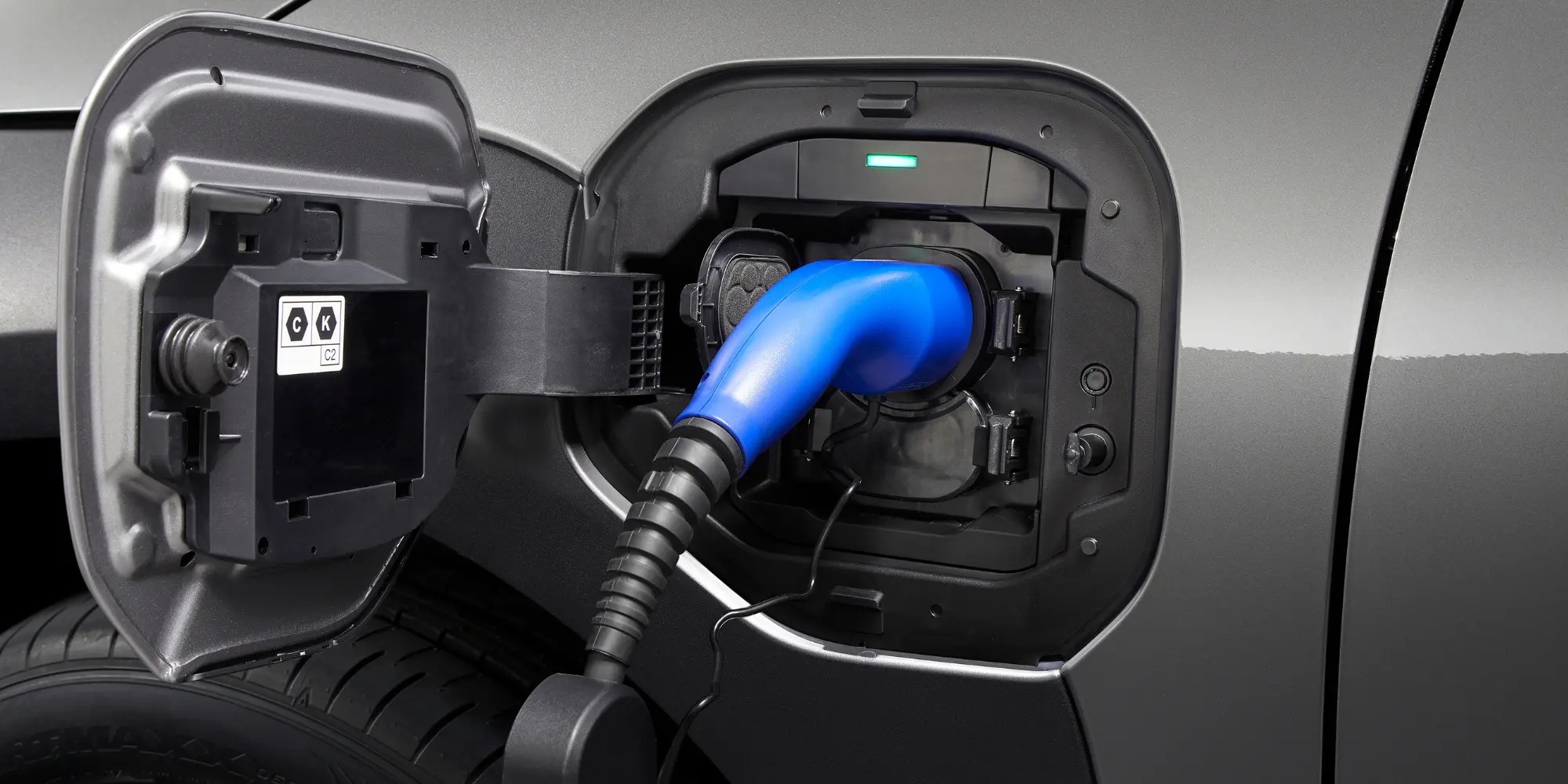- Installing an electric car charger only takes a few hours out of your day
- You will need a qualified electrician to complete the job
- There are upfront costs when installing an EV charger at home, but this could save you in the long run
Installing electric car charging stations – what to consider
- If you’re planning on installing an electric car charger at home, you will need to consider:
- The speed of the charger you want – this can increase the cost if you’re looking for a rapid charger
- Where your charger will need to be placed – this could include running wires, drilling and more
How much does it cost to install an electric car charger at home?
- A 3kW charger will cost £375 on average
- A 7kW charger will cost £625 on average
- To install a charger, this will cost £1000 on average which includes the labour. If you’re eligible for a Government grant, this could be reduced to £650
What other costs can I expect when installing an electric charger?
Where your electricity board is and your electrical system
The construction of your home
The type of charger being installed
Where does an EV charger get installed in my house?
How long does it take to install an EV charger?
Do I need permission to install an electric car charging point?
- Charging point and outlet size: If the charger you’ve opted for is over 1.6m in size, like a rapid charger, you may need planning permission to get it installed. You don't need planning permission for charging points under this. Similarly, an outlet that is 0.2 cubic metres in volume will need planning permission.
- The location of your charging point: If your charger is 2m away from a highway, you will not need planning permission.
- The type of property you own: Listed buildings or conservation areas will require planning permission
Can I get a home electric vehicle charger if I rent?
Can I get a grant to install an EV charging station?
Are home electric vehicle chargers AC or DC?
Can I install an EV charger at home by myself?
News & Stories
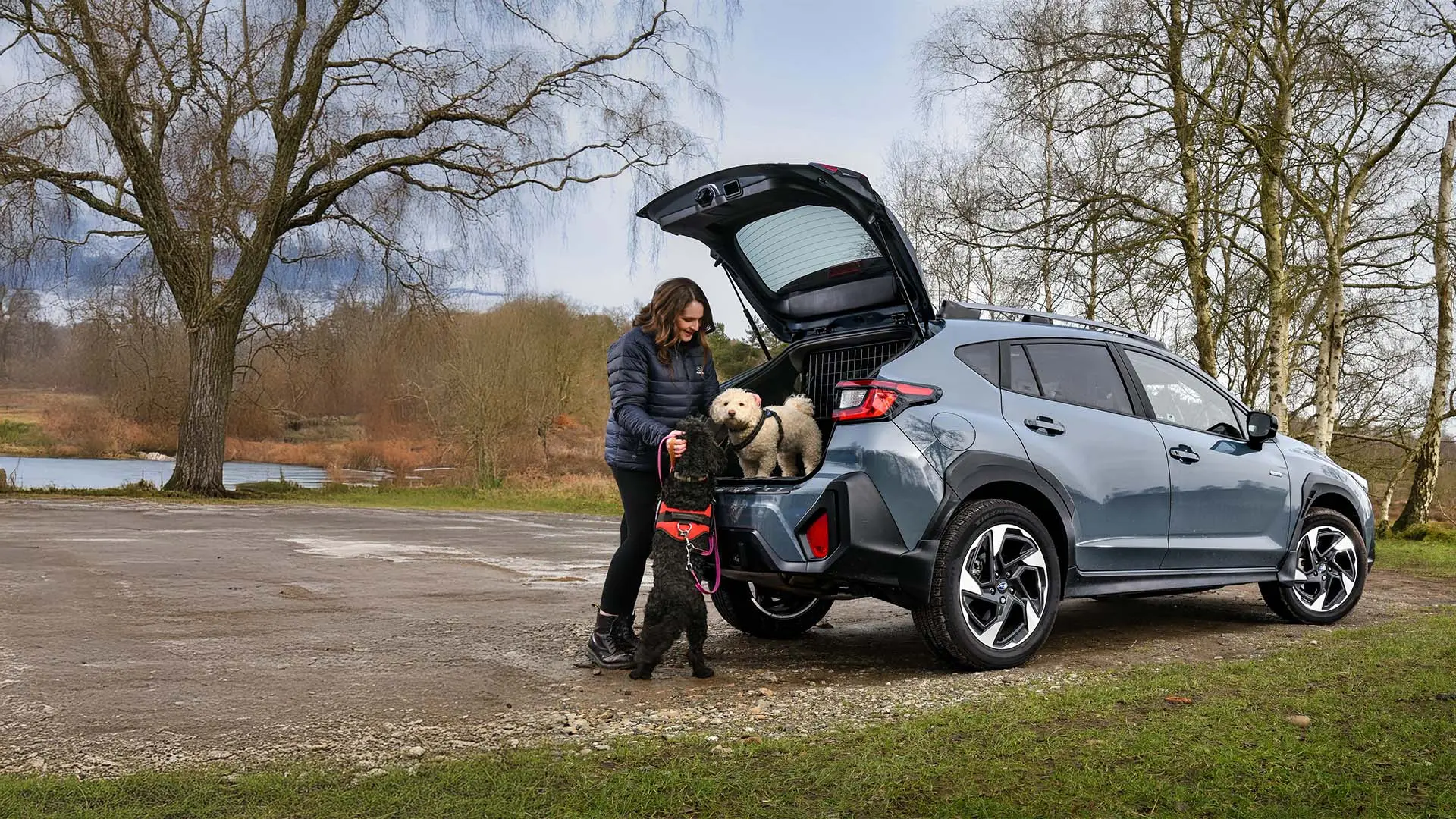
Subaru Helps Owners Travel Safer with Their Pets

Subaru UK Retailer Update and Awards 2026

The benefits of hybrid cars

Self-charging hybrid cars: what they are & how they work

All-wheel drive cars: what they are & how they keep you safe
